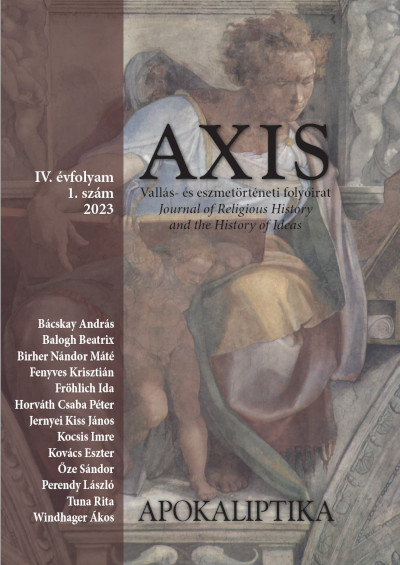Published 2023
Keywords
- apocalypticism,
- sermon literature,
- premodern nation
How to Cite
Copyright (c) 2023 Horváth Csaba Péter

This work is licensed under a Creative Commons Attribution 4.0 International License.
Abstract
In our paper we present the Hungarian literary forms of the apocalyptic view on history. Before the 1570s the main sources of this concept are the songs of Protestant congregations, as well as volumes explaining certain books of the Holy Scripture. Afterwards we encounter expressions of the general worldview of the 16th century in the postils of Lutheran, and later Helvetian reformers. The pericope read and analyzed on the second Sunday of Advent (Lk. 21, 25–33), includes the statements of Jesus Christ regarding the fast-approaching Last Judgement. In the present paper we examine this section of the Bible in the interpretation of contemporary sermon authors, at the same time placing it in the context of Hungarian and world history. We also shed light on the early modern ideological background of the formation of Hungary as a premodern nation. We do all this in order to prove: apocalypticism was an ideological point of view in the 16th century. The reason of its decline after the Fifteen Year War is twofold, on one hand the demystification of the Ottoman occupation, on the other hand the obvious hostility of John Calvin and the thinkers of Catholic renewal towards apocalypticism.

